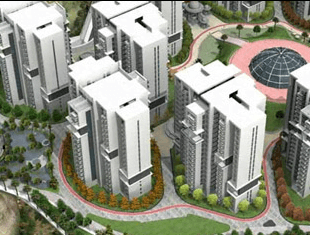Government cancels Nine SEZs
In a meeting of the Board of Approval on 29 September 2014, nine SEZs (Special Economic Zone) including those given to Hindalco, Adani, Essar etc have been cancelled because the projects have not made any satisfactory progress in terms of execution. Most of the developers have also been granted extensions, some of which have even expired. Any tax benefits or incentives given to the developers will now have to be refunded by them.
SEZ rules w.r.t validity and extension
Approval of an SEZ is valid only for three years. At least one unit of the project has to commence production within the span of three years. If at least one such unit if functional, the project is said to be operational. Provisions are in place for granting of extensions also, but an extension may be cancelled is no progress is shown by developers.
BoA (Board of Approval)
The BoA is an inter-ministerial body which is headed by the Commerce Secretary. Representatives of the states are also included in the BoA. Approvals and extensions to SEZs are granted by the BoA.
SEZ Policy in India
India was one of the first countries in India to introduce the EPZ (Export Processing Zone) model of promoting exports. The Kandla EPZ established in 1965 was the first EPZ in Asia. With a view to overcome multiplicity of regulatory clearances, lack of infrastructure and promote flow of foreign investment into India, the SEZ Policy was introduced in 2000.
SEZ Act
To further establish a stable mechanism whereby industries could be incentivized to generate employment and exports, the SEZ Act was passed in 2005. The Act exempts the profits generated in SEZ’s units from all taxes for 5 years, and the developers of the project are exempt from tax for 10 consecutive years in a block of 15 years.
SEZ Reforms
As of now, there are 192 operational SEZs in various parts of India, and 200+ approved SEZs that are yet to become operational. The Centre has expressed its intention to reform SEZs and has said that SEZs are an important part of India’s Foreign Trade Policy. It is considering initiatives such as modifying tax rules, especially those imposing MAT (Minimum Alternate Tax) and DDT (Dividend Distribution Tax), and allowing dual use of infrastructure in non-processing areas.
Month: Current Affairs - September, 2014
Category: India Nation & States Current Affairs


